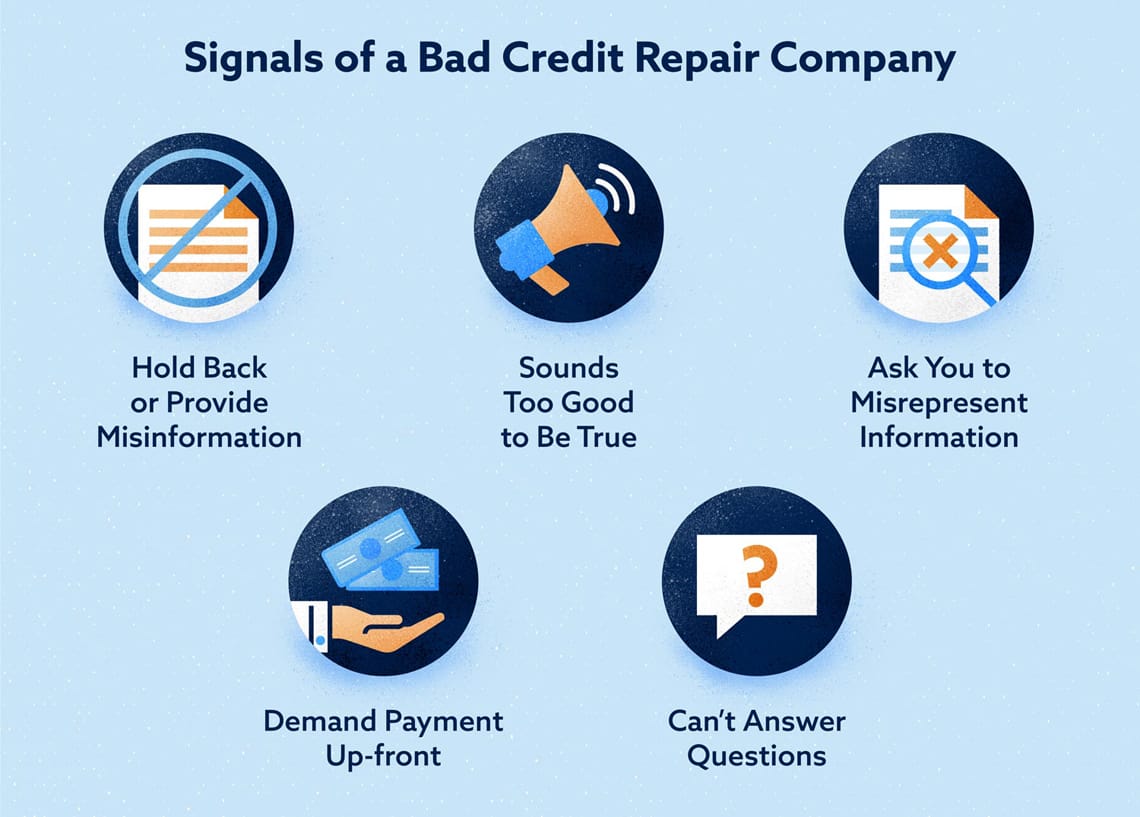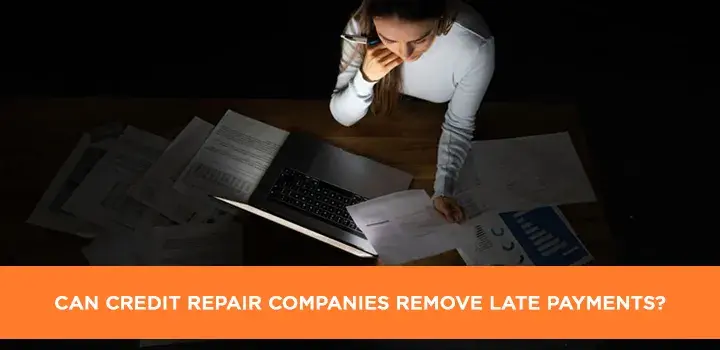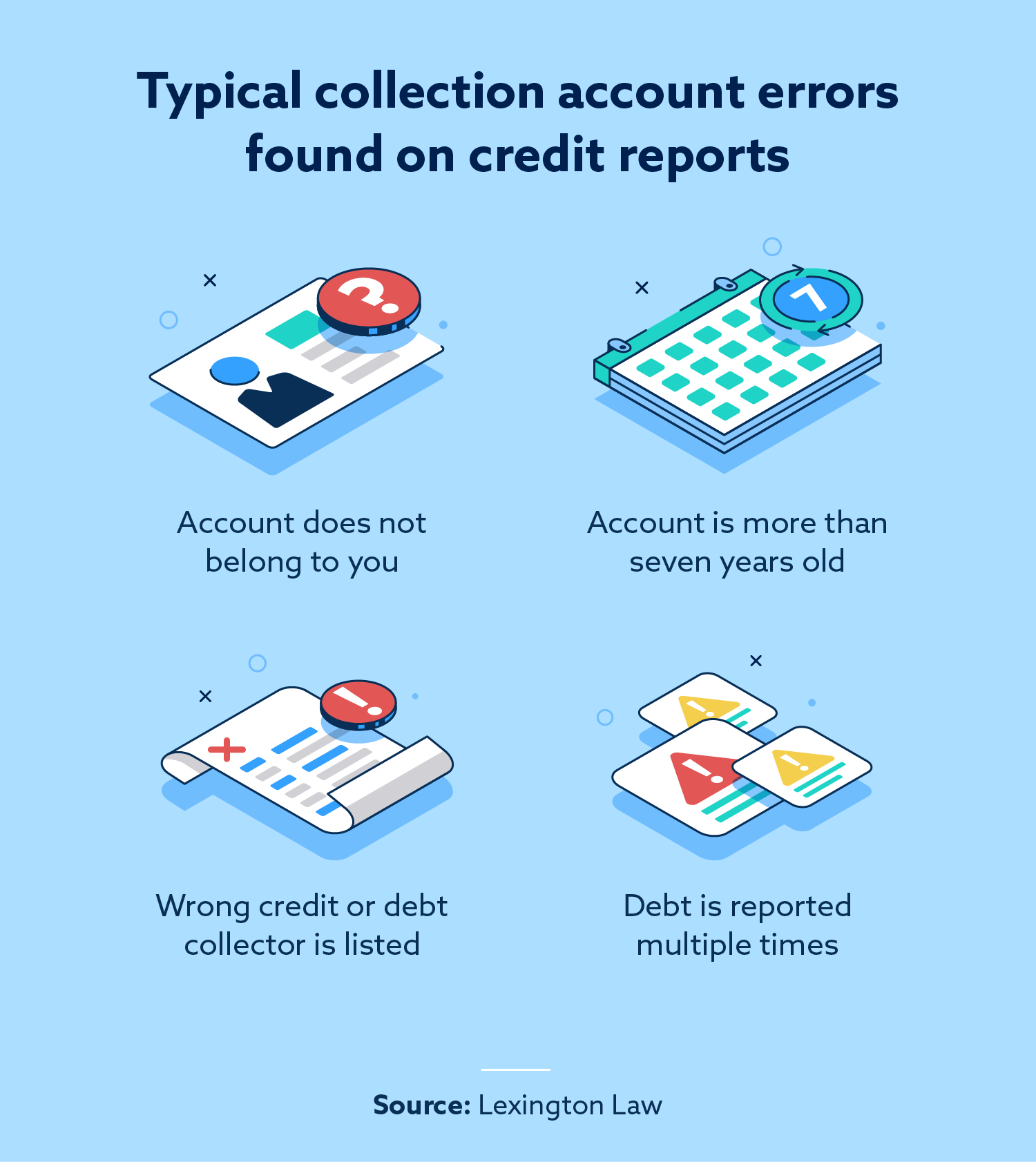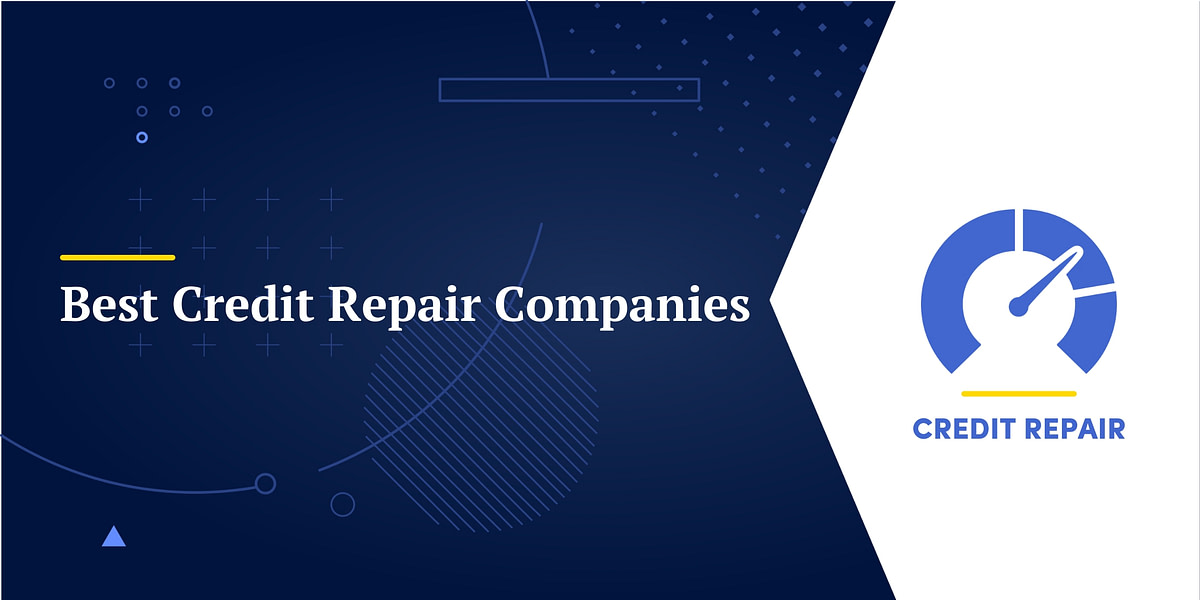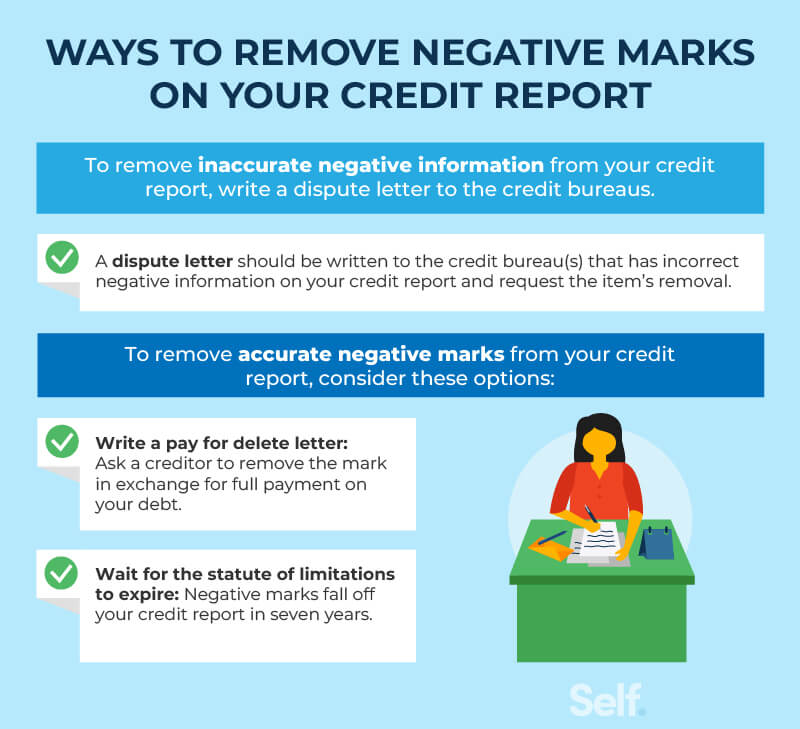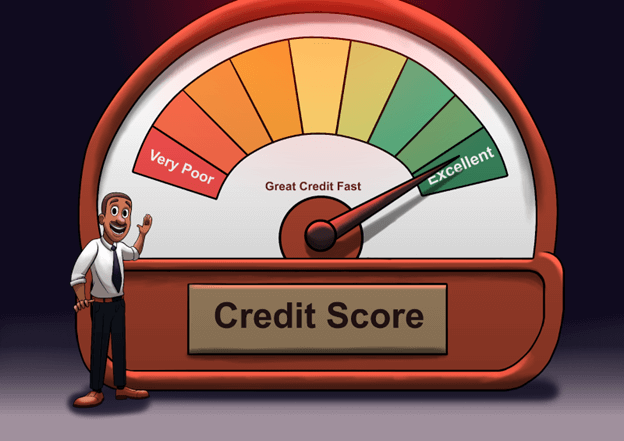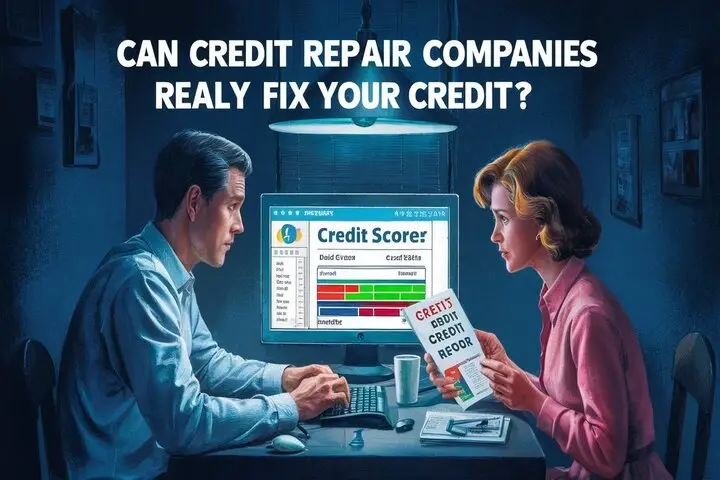Can Credit Repair Companies Remove Collections

Imagine a mailbox overflowing with bills, each one a stark reminder of financial struggles past. The phone rings, an unknown number flashes, and a wave of anxiety washes over you, knowing it's likely a debt collector on the other end. You dream of a clean slate, a credit score that reflects your present responsibility, not past missteps. But those nagging collection accounts linger, casting a long shadow over your financial future. Can they really be erased?
The allure of a quick fix for credit woes is powerful, and credit repair companies often promise just that: the removal of negative items, including collections, from your credit report. But is this promise too good to be true? This article delves into the reality of credit repair, exploring what these companies can and, more importantly, cannot do when it comes to dealing with collection accounts, offering a realistic perspective on regaining control of your credit health.
The credit repair industry thrives on the vulnerability of individuals struggling with debt and damaged credit. Many find themselves overwhelmed by the complexities of credit reporting and debt collection laws. This creates an opening for companies promising to "fix" their credit for a fee.
Understanding Credit Repair Companies
Credit repair companies operate by disputing negative items on your credit report with the credit bureaus: Equifax, Experian, and TransUnion. The premise is that if the credit bureau cannot verify the accuracy of the information within a reasonable timeframe (usually 30 days), it must be removed. This sounds simple enough, but the reality is far more nuanced.
These companies often employ form letters and generic disputes, flooding the credit bureaus with challenges. They may question the validity of collection accounts, hoping that the original creditor or collection agency will fail to respond adequately.
The Fair Credit Reporting Act (FCRA) and Your Rights
The Fair Credit Reporting Act (FCRA) is the cornerstone of credit reporting regulation in the United States. It grants consumers significant rights, including the right to dispute inaccurate or incomplete information on their credit reports.
Under the FCRA, credit bureaus are obligated to investigate disputes and verify the information with the source. If the information cannot be verified or is found to be inaccurate, it must be corrected or deleted.
This right to dispute is powerful, and it's something you can exercise yourself, free of charge. The Federal Trade Commission (FTC) provides extensive resources and guidance on how to do so effectively.
Can Credit Repair Companies Really Remove Collections?
The short answer is: sometimes, but not in the way many people hope. If a collection account is genuinely inaccurate, outdated, or unverifiable, a dispute – whether filed by you or a credit repair company – can lead to its removal.
However, if the debt is legitimate and the collection agency can provide verification, the account will likely remain on your credit report. Credit repair companies cannot magically erase accurate information.
Here's a crucial point: paying a collection account doesn't automatically remove it from your credit report. While it may improve your credit score over time, the record of the collection, along with its original delinquency, will remain for seven years from the date of the original default with the original creditor.
What Credit Repair Companies Can't Do
It's important to understand the limitations of credit repair companies. They cannot:
- Remove accurate and verifiable information from your credit report.
- Create a new credit identity or hide negative information.
- Guarantee a specific outcome or credit score improvement.
Any company promising these services is likely engaging in deceptive or illegal practices. The FTC actively prosecutes companies that make false or misleading claims about credit repair.
The Potential Risks of Using Credit Repair Services
Engaging a credit repair company can come with its own set of risks. Some companies charge hefty upfront fees, while others may encourage you to provide false information, which is illegal.
Furthermore, paying a company to do something you can do yourself is often unnecessary. You can dispute errors on your credit report directly with the credit bureaus for free.
According to a report by the Consumer Financial Protection Bureau (CFPB), consumers often experience limited success with credit repair services and may end up paying significant fees for minimal results.
Alternatives to Credit Repair Companies
Instead of relying on credit repair companies, consider these alternative approaches to improving your credit:
- Obtain and review your credit reports: Regularly check your credit reports from all three major credit bureaus to identify any errors or inaccuracies.
- Dispute inaccuracies: File disputes directly with the credit bureaus, providing supporting documentation to substantiate your claims.
- Pay down debt: Focus on paying down your outstanding debt, starting with high-interest accounts.
- Negotiate with creditors: Contact creditors or collection agencies to negotiate payment plans or settlements.
- Consider credit counseling: Seek guidance from a reputable nonprofit credit counseling agency.
Nonprofit credit counseling agencies can provide valuable assistance in managing debt, budgeting, and improving your financial literacy. They offer services at little to no cost.
The National Foundation for Credit Counseling (NFCC) is a reputable organization that can connect you with a certified credit counselor in your area.
Building a Positive Credit History
The most effective way to improve your credit score is to establish and maintain a positive credit history. This involves paying your bills on time, keeping your credit utilization low, and avoiding unnecessary debt.
Consider opening a secured credit card if you have difficulty qualifying for a traditional credit card. Secured cards require a cash deposit as collateral and can help you build or rebuild your credit over time.
The key is patience and consistency. Building good credit takes time, but it's an investment that will pay off in the long run.
Conclusion: Empowering Yourself to Take Control
While credit repair companies may offer the allure of a quick fix, the reality is that they often provide limited value and can even pose risks. The most sustainable path to improving your credit involves understanding your rights, taking proactive steps to manage your debt, and building a positive credit history.
Remember, you have the power to challenge inaccuracies on your credit report and negotiate with creditors. By educating yourself and taking control of your financial situation, you can achieve your credit goals without relying on costly and potentially ineffective services.
Take that first step today: obtain your credit reports, review them carefully, and start building a brighter financial future. The journey may take time, but the rewards of a healthy credit score are well worth the effort.
